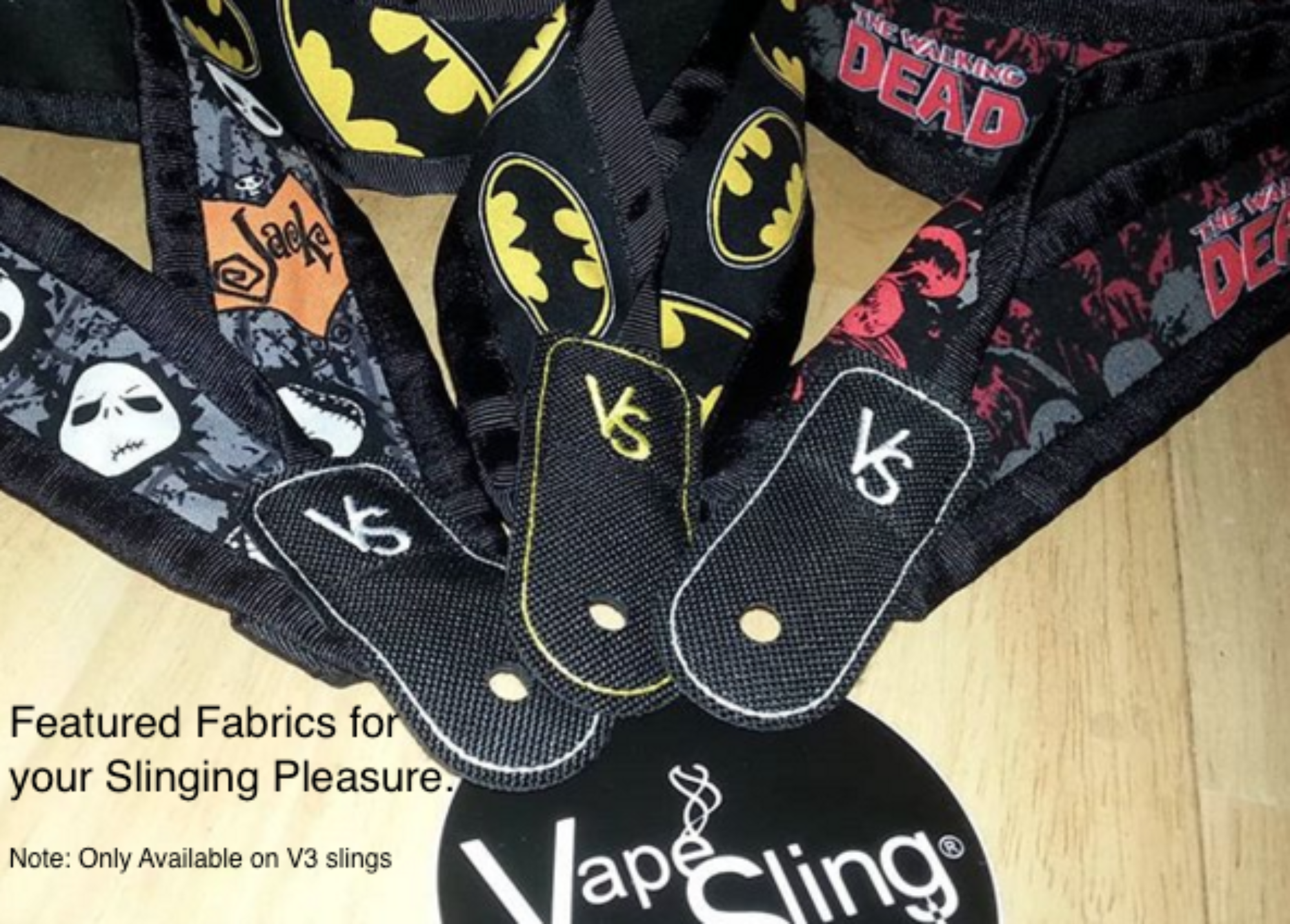FROM CASAA:
While all eyes are on the White House this week, we are reminding members that several bills in Congress could do more harm to consumers and be enacted faster than FDA can take enforcement action against the vapor industry.
In July, a US District Court judge, Paul Grimm, produced a remedy order that requires the FDA to enforce the premarket tobacco application (PMTA) requirement starting in May of 2020. This effectively moves up this particular compliance deadline by more than a year. While a small handful of companies might be in a position to attempt compliance with this new deadline, the rest of the vapor industry is not.
Take Action – Send a Message!
Strict
enforcement of this deadline will force most US manufacturers to shut
down. Even though the FDA will retain enforcement discretion with regard
to certain compliance deadlines on a case-by-case
basis, it is not clear how (or even if) the agency will apply it. In
other words,
there is no guarantee that companies will be allowed to keep their products on the market.
At
the same time, several bills are active in Congress that would undermine
FDA’s authority over new tobacco products. These bills propose to
raise taxes, ban flavors, limit online sales, and one
bill even goes as far as requiring vapor products to be approved for
market only as medical drugs/devices.
CASAA
is asking our members to take action by sending a message to your
federal lawmakers urging them to reject this legislation and prevent a
massive underground market from taking the place
of our current legal, regulated marketplace. We will start delivering your messages one week from now to coincide with a lobby day organized by the Vapor Technology Association.
Take Action – Send a Message!
—
The long version:
By
way of background, In July, Judge Paul Grimm, US District Court District
of Maryland, ruled that the FDA has until May 2020 to enforce the
premarket tobacco application (PMTA) requirement
for new tobacco and vapor products.
The
initial compliance deadline for PMTA was August 8, 2018. But in July
2017, the FDA delayed the PMTA deadline to 2022–for non-combustible
products–citing a need to give vapor manufacturers
more time to prepare and submit meaningful applications that would be
more likely to be accepted by the agency.
Within
a year, the FDA changed course after reviewing national survey data
showing a sharp uptick in youth use of vapor products. The updated
guidance would require applications to market
vapor products in flavors other than tobacco to be submitted and
accepted by the FDA by August of 2021. Although never finalized, the
draft guidance would have also limited sales of flavored vapor products
to adult-only specialty vapor/tobacco stores.
In
2018, the American Academy of Pediatricians (AAP) sued the FDA with the
goal of reinstating the original August 8, 2018 PMTA compliance
deadline. Following an exchange of proposed remedy
briefs by both parties, Judge Grimm ruled that FDA’s suggestion of no
less than ten months from the date of the court’s decision would be
necessary for companies to finalize and submit acceptable applications.
Judge Grimm granted FDA’s request.
The
ten-month deadline is one of four points detailed in Judge Grimm’s
remedy order. The remaining provisions of the order are as follows:
- New products for which applications have not been filed within this period shall be subject to FDA enforcement actions, in the FDA’s discretion;
- New products for which applications have been timely filed may remain on the market without being subject to FDA enforcement actions for a period not to exceed one year from the date of application while FDA considers the application;
- The FDA shall have the ability to exempt New Products from filing requirements for good cause on a case-by-case basis.
While the one-year “grace period” for a manufacturer to keep a product on the market during FDA’s review of their application is nothing new, the points regarding the agency’s enforcement discretion and ability to exempt new products from the filing requirements are significant.
It may be hard to believe, but FDA specifically asked the court to preserve the agency’s enforcement discretion citing negative consequences of a mass exodus from the vapor market and an extreme and sudden decrease in access to safer alternatives to smoking. The FDA expressed strong concern that such an event would cause thousands of people who vape to return to smoking.
Preserving FDA’s enforcement discretion is not a free pass for the vapor industry and consumers should be very concerned about what this remedy order means for our access to vapor shops, vapor products, and other resources. The FDA and Congress are still facing tremendous pressure from anti-nicotine activists to ban flavors, enact taxes on vapor products, ban online sales, and raise the purchase age to 21. Additionally, we are monitoring a budding movement by local governments in California to take matters into their own hands by requiring that a vapor company has a marketing order from the FDA in order to sell their product in their city.
Take Action – Send a Message!
Thank you,
CASAA Legislative Team


